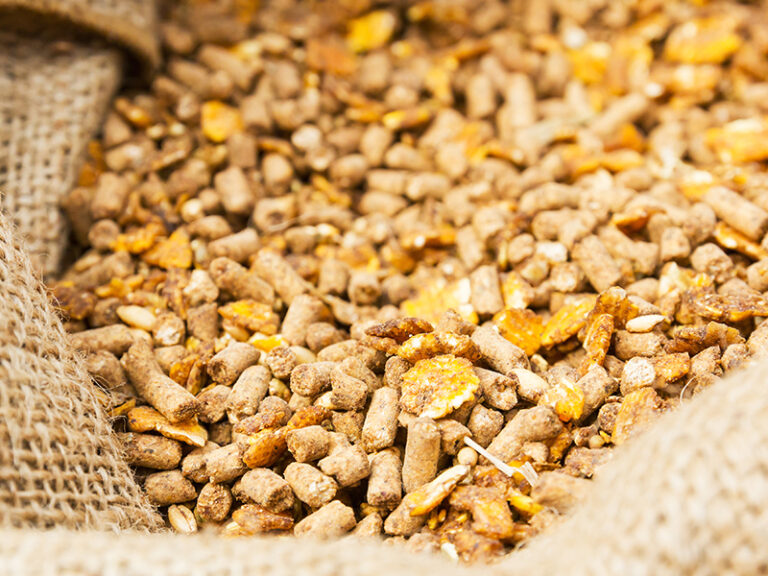The role of EFSA
EFSA provides scientific advice to support the authorization process for food additives. It carries out an evaluation of each new additive subject to authorization, of each new use of an authorized food additive or of the modification or renewal of an authorized additive.
Companies wishing to market an additive in the EU must submit an application and a technical dossier containing information on the additive, its conditions of use, its control methods and data demonstrating its safety and effectiveness.
EFSA’s FEEDAP Panel reviews this information and examines the effectiveness and safety of the additive in terms of animal and human health as well as the environment. At the same time, the European Union Reference Laboratory for Food Additives evaluates the analytical methods used to determine the presence of the additive in feed and its possible residues in feed.
If the EFSA opinion is favorable, the European Commission prepares a draft regulation to authorize the additive. This is then discussed and approved by the Member States represented within the Standing Committee on Plants, Animals, Food and Feed – Animal Nutrition Section.
EFSA’s activities are not limited to the evaluation of food additives but encompass collaboration between scientific groups and with other sister agencies. For example, in 2017, EFSA and the European Medicines Agency (EMA) reviewed the measures taken in the EU to reduce the use of antimicrobials in animals. EFSA experts from different scientific fields – animal nutrition, animal health and welfare and biological risks – worked together to produce scientific opinions. Another example of collaboration between EFSA groups and units is the ongoing assessment of maximum cross-contamination levels for 24 antimicrobial active substances present in non-target animal feed in relation to the possible development of resistance to antimicrobial and growth promoting effects.
EFSA also provides technical and scientific support to the European Commission on activities at international level, such as the establishment of regulatory and international standards, e.g. CODEX Alimentarius, International cooperation for the convergence of technical requirements for the evaluation of feed ingredients (ICCF).
